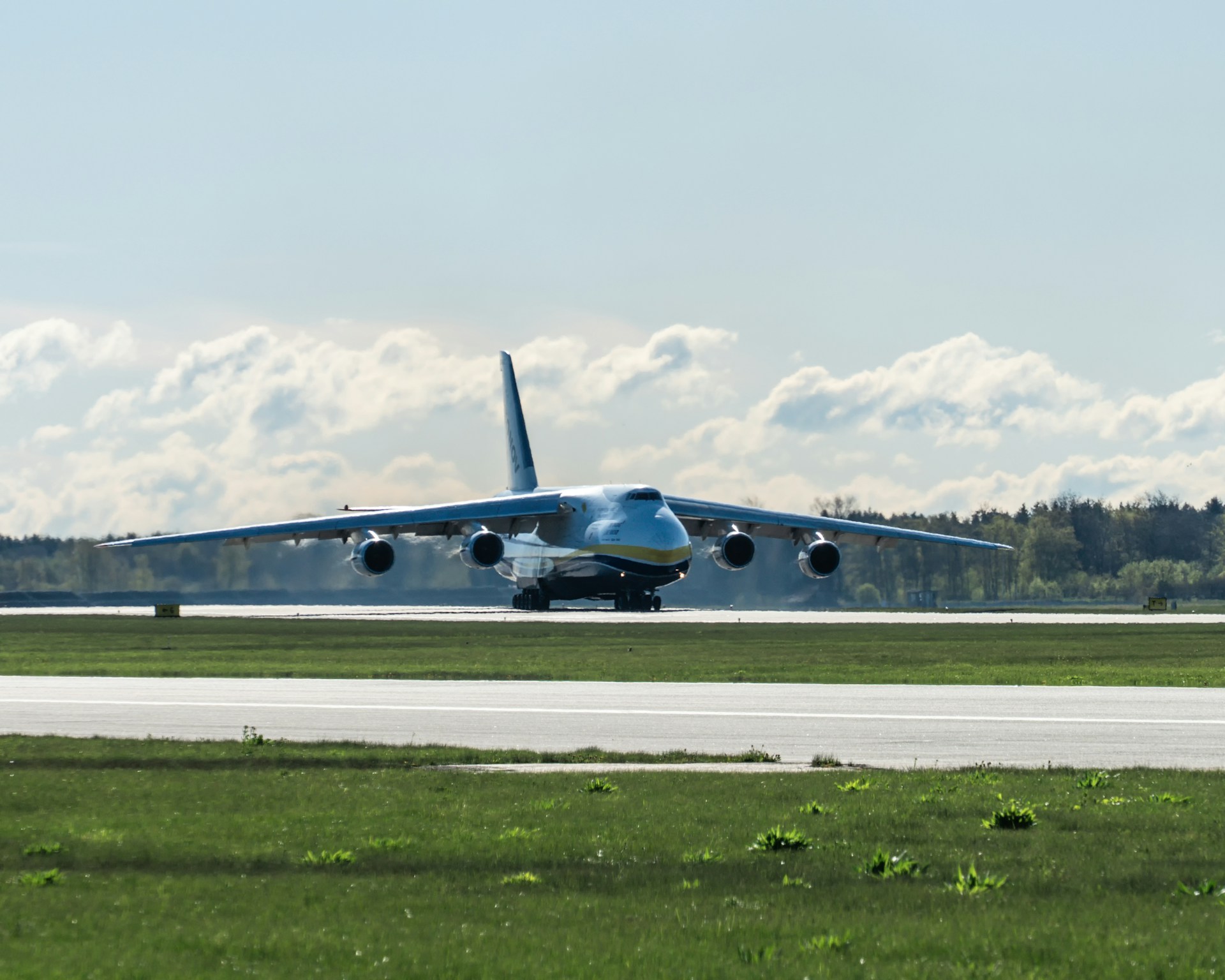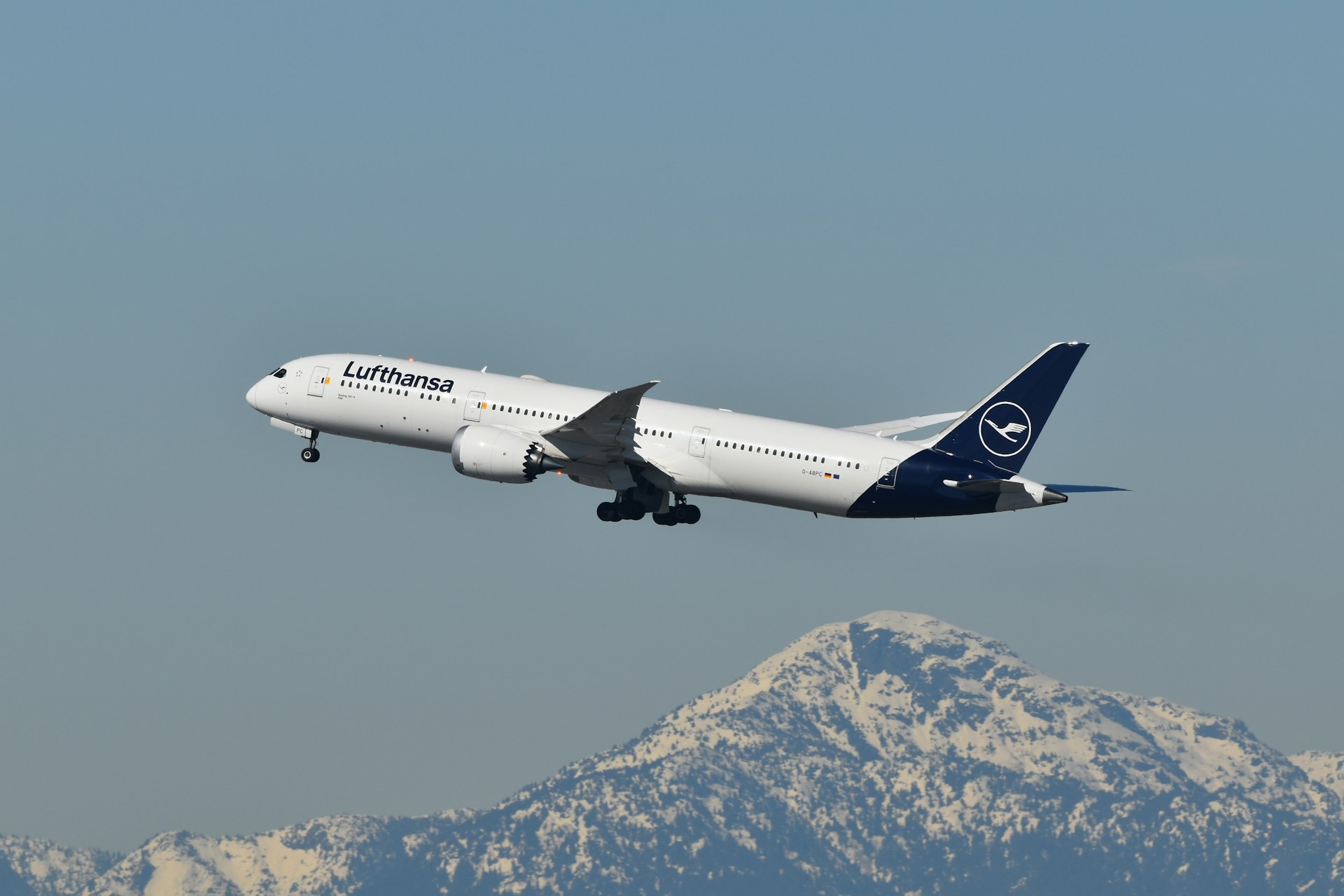Seized Russian An-124 Undergoes Maintenance at Toronto Pearson
Key Takeaways
- A seized Russian Antonov An-124 cargo jet has been observed receiving maintenance at Toronto Pearson International Airport, signaling potential plans for preservation or future operational use.
- The An-124 Ruslan, among the largest cargo aircraft in the world, represents a major aviation asset caught in the web of international sanctions enforcement.
- Maintenance crews at Toronto Pearson have conducted routine servicing activities, indicating ongoing efforts to maintain the aircraft’s airworthiness.
- The incident highlights the complex legal and logistical challenges of managing seized foreign aircraft under evolving international sanctions.
- This case mirrors the broader global phenomenon of detained Russian aviation assets, with aircraft held across multiple countries since 2022.
An Icon of Heavy Airlift Grounded by Geopolitics
One of Russia’s most imposing cargo aircraft, an Antonov An-124 Ruslan, remains parked at Toronto Pearson International Airport under seizure. Once a regular visitor to global airports for outsized cargo missions, the aircraft has now become a symbol of the ongoing geopolitical and legal complexities stemming from international sanctions on Russian entities.
Since its detention in 2022, the aircraft has drawn widespread attention from aviation watchers. Recent activity around the parked An-124 — including the presence of maintenance crews and ground support vehicles — suggests that Canadian authorities are taking steps to preserve the aircraft’s condition while its legal status remains under review.
The Strategic Importance of the Antonov An-124
The Antonov An-124, developed during the Soviet era by the Antonov Design Bureau in Ukraine, is one of the largest operational cargo aircraft in the world. Capable of transporting payloads of up to 150 metric tons over intercontinental distances, the Ruslan has served vital roles in global logistics, from military transport to humanitarian relief missions.
Only a small fleet of operational An-124s exists today, primarily operated by Volga-Dnepr Airlines and Ukraine’s Antonov Airlines. The loss or seizure of even one aircraft represents a significant operational and economic blow, given their limited availability and high demand for specialized missions such as engine transport, heavy construction equipment delivery, and emergency infrastructure support.
Sanctions and Their Ripple Effects on Aviation
The seizure of the Russian An-124 in Canada follows a wave of international enforcement actions against Russian aviation assets after the 2022 invasion of Ukraine. Governments in North America and Europe imposed sanctions targeting Russian state-owned and affiliated enterprises, including airlines and logistics operators.
These sanctions have immobilized dozens of aircraft worldwide, stranding them at airports far from home. While frozen under international law, the aircraft still require basic maintenance and safety measures to prevent deterioration — a task falling to local airport authorities and contracted maintenance providers.
At Toronto Pearson, the ongoing care of the An-124 underscores the delicate balance between legal compliance and operational stewardship. The aircraft cannot legally fly, yet neglecting it could lead to devaluation and technical degradation that would complicate any future legal or humanitarian disposition.
Legal and Logistical Challenges
Managing a seized aircraft of this scale involves extensive coordination between multiple agencies. The An-124’s ownership trail, registration details, and potential liens make it a complex legal case under Canada’s sanctions regime.
Authorities must also ensure compliance with International Civil Aviation Organization (ICAO) safety standards even while the aircraft remains grounded. Maintenance actions observed at Toronto Pearson — including engine servicing, hydraulic checks, and structural inspections — indicate that efforts are ongoing to preserve the aircraft’s airworthiness.
Meanwhile, speculation continues about the aircraft’s eventual fate. Potential outcomes include long-term detention, transfer to Canadian ownership under court order, or possible reallocation for humanitarian or logistical use pending legal authorization.
Broader Implications for Global Aviation
The ongoing situation in Toronto is part of a larger pattern affecting global aviation since 2022. Numerous Russian-owned commercial and cargo aircraft remain stranded in countries such as Germany, Norway, and the United States.
Beyond geopolitical symbolism, these detentions highlight a significant operational challenge: the globalized nature of aviation supply chains. When sanctions ground aircraft in foreign jurisdictions, they leave behind maintenance obligations, storage costs, and complex legal frameworks that airports must navigate carefully.
FAQs
What is the Antonov An-124 Ruslan?
The An-124 is a heavy-lift cargo aircraft designed by Ukraine’s Antonov Bureau in the 1980s. With a payload capacity of up to 150 tons, it remains one of the largest operational cargo planes in the world.
Why was the Russian An-124 seized in Canada?
The aircraft was detained in 2022 under international sanctions imposed against Russian entities following the invasion of Ukraine. These sanctions targeted state-linked logistics and aviation companies, including Volga-Dnepr Airlines.
What does the ongoing maintenance activity mean?
Maintenance indicates that Canadian authorities or contracted personnel are preserving the aircraft’s condition and airworthiness while awaiting legal resolution. This approach helps maintain asset value and compliance with safety standards.
Could the aircraft be returned to service?
The An-124 cannot legally operate under current sanctions. Its return to service or reallocation would require significant diplomatic and legal developments, including court rulings or changes in international policy.
How many An-124s remain in operation globally?
Fewer than 30 airworthy An-124s exist worldwide, operated mainly by Antonov Airlines and Volga-Dnepr. Each represents a unique logistical asset due to its unmatched heavy-lift capacity.
✈️ Bottom Line:
The seized Russian Antonov An-124 at Toronto Pearson stands at the intersection of aviation, geopolitics, and international law. As crews maintain the massive aircraft under Canadian custody, it remains both a technical marvel and a geopolitical pawn — a reminder of how global events can ground even the world’s largest airplanes.
.zip%20-%201.PNG)



